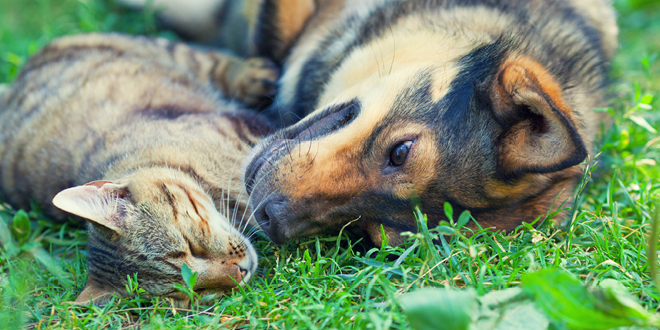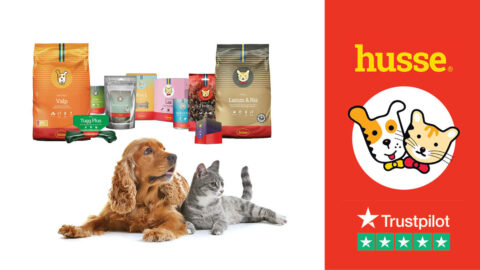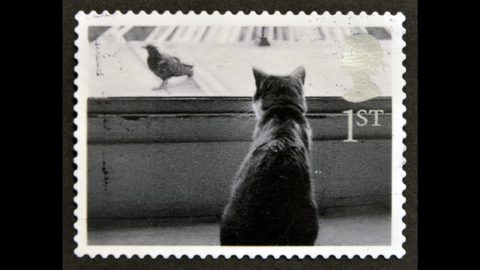Keep Your Pets Safe From Pesticides

To maintain the best garden sometimes, you need to use pesticides to ward off pests, but what can you do to keep your pets safe?
Let’s face it – come the summer, we all want our gardens to look like a botanical oasis and be bursting to life with beautiful flowers and luscious greenery. However, one thing any gardener does not want is their garden teeming with insects nibbling away at their handiwork, so many of us reach for the pesticides.
Sadly, information from the Veterinary Poisons Information Service suggests that each year 11% of pet poisoning cases are caused by pesticides – so just how do we have both lovely gardens and healthy pets?
This starts with careful, planned preparation before unleashing the pest control. As well as ensuring your pet is well away from the area, make sure that their toys, bowls and beds are removed too. Then, once you have used insecticides, do not allow your pet near the area until it is completely dry.
In fact, it is worth trying to keep your pet away from the spot for the entire time you are using pesticides. If you are coating your lawn – dogs, cats, rabbits and guinea pigs should all be kept off it for at least 24 hours, while the granules dissolve. These can be especially harmful, as they could look like a sneaky treat to pets. Check the granules have dissolved and that the area is dry
before letting your pet back onto the grass.
Baits for pests including rats, mice, slugs and snails need to be placed where pets cannot dig them up. As many are made with ingredients tempting for our pets to sniff out, it is
easy for them to mistake them for hidden treats.
Do not forget to hide the pesticides away once they have been used, and ensure packaging is securely closed and out of reach of furry paws. To eliminate the risks further, you could use natural insecticides such as a soap spray, which is a water and soap mix, and garlic spray.
[box type=”warning” align=”” class=”” width=”600″]In An Emergency
If you are worried your pet has potentially sniffed, licked or eaten pesticides, it is important to contact your vet straight away. If you can give them details of the pesticide – by the packaging, it will help your vet be able to treat your pet quickly. While it might be tempting to make your pet sick, before taking them to the vets, it can be more dangerous – let the vet assess the situation and treat your pet.
[/box]By Shelley Welti






